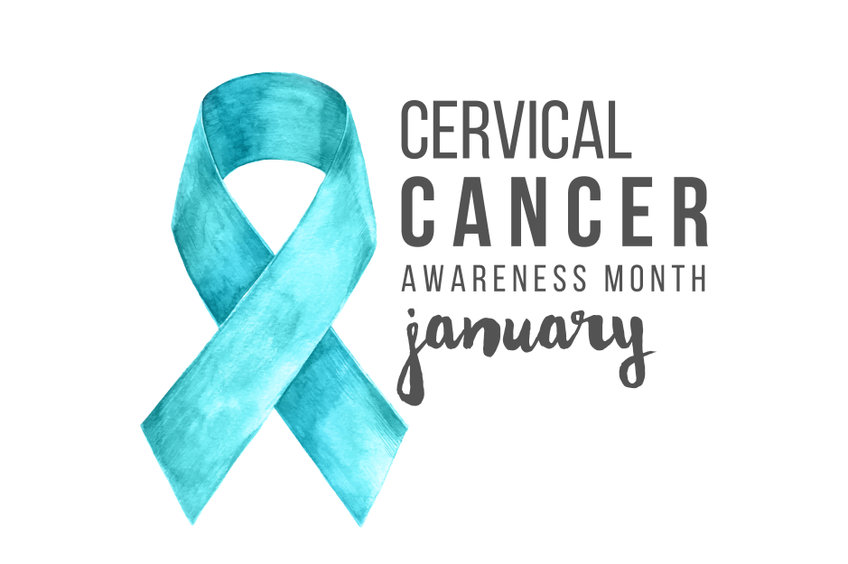Did you know cervical cancer was once one of the most common causes of cancer deaths in American women? The implementation of the pap test, or pap smears, in 1941 changed that. Cervical cancer is highly preventable and treatable with regular screenings and early detection. Since 2020, the number of women receiving routine pap smears has decreased, along with many other preventative screenings in the time of COVID-19.
The American Cancer Society (ACS) estimates that in 2022 roughly 14,000 new cases of invasive cervical cancer will be diagnosed, and more than 4,000 women will die from cervical cancer. But with early detection cervical cancer can be successfully treated and even prevented.
Getting vaccinated for HPV, an infection that has been commonly linked to cancer, is one way the ACS recommends being proactive about cervical cancer. The vaccine works best when given to children and is recommended for all children ages 9–12. Children and young adults 13-26 are advised to get the vaccine as soon as possible. The ACS does not recommend the HPV vaccination to people over 26. Vaccinating children and teens is more successful at preventing infection and cancer than vaccination of young adults.
Recent changes to cervical cancer screenings include:
- No screening for women ages 21-24.
- An HPV test every 5 years or a pap test every 3 years if an HPV test is not available for women ages 25-65.
- No screening for women over 65 if prior tests were normal.
Women can also get a combination HPV/Pap test done every 5 years. Both tests are done by collecting a sample of cervical cells. The HPV test looks for the human papillomavirus, which can lead to cervical cancer. The pap test looks for abnormal cells that can lead to cancer. The Pap test has been in use for decades, but studies have shown that HPV tests are more accurate and reliable.
If it’s been more than 3 years since your last pap test, call 1-800-859-8500 and schedule an appointment with your healthcare provider today. Be sure to ask your medical provider for ways you can improve the accuracy of your pap test.

